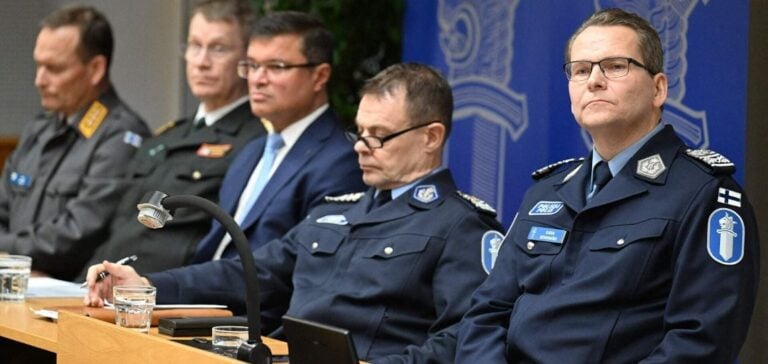An essential undersea cable linking Finland to Estonia, EstLink 2, was damaged, raising suspicions of sabotage. The cable, vital for electricity transmission between the two countries, is now out of service. Repairs, estimated to take seven months, are necessary before it can resume operation, announced Fingrid, the operator.
Initial investigations attribute the damage to the Eagle S tanker, registered under the Cook Islands flag, suspected of being part of Russia’s “phantom fleet.” This fleet is reportedly used to evade Western economic sanctions, transporting oil under foreign flags. Finnish authorities have launched an investigation into “aggravated sabotage,” focusing on the ship’s anchor, which is believed to have damaged the cable.
Rising Tensions in the Baltic Sea
This incident occurs amid heightened tensions. Since Russia’s invasion of Ukraine, the Baltic Sea has become a hotspot for activities described as “hybrid warfare” by experts. Critical infrastructure, including undersea cables and energy connections, has become frequent targets.
NATO responded swiftly, announcing increased military presence in the region. Mark Rutte, the organization’s Secretary General, expressed support for Finland and called for heightened vigilance to secure vital infrastructure. Estonian Defense Minister Hanno Pevkur confirmed the deployment of patrols to protect energy connections.
Economic and Geopolitical Impact
These targeted attacks highlight the strategic importance of the Baltic Sea, a key transit zone for energy in Europe. They also emphasize the need for regional states to collaborate on bolstering their security.
The European Union, in coordination with NATO, has announced new sanctions targeting Russia’s “phantom fleet,” already implicated in several disruptions in the region. Measures are expected to include stricter restrictions on ships operating under flags of convenience.






















